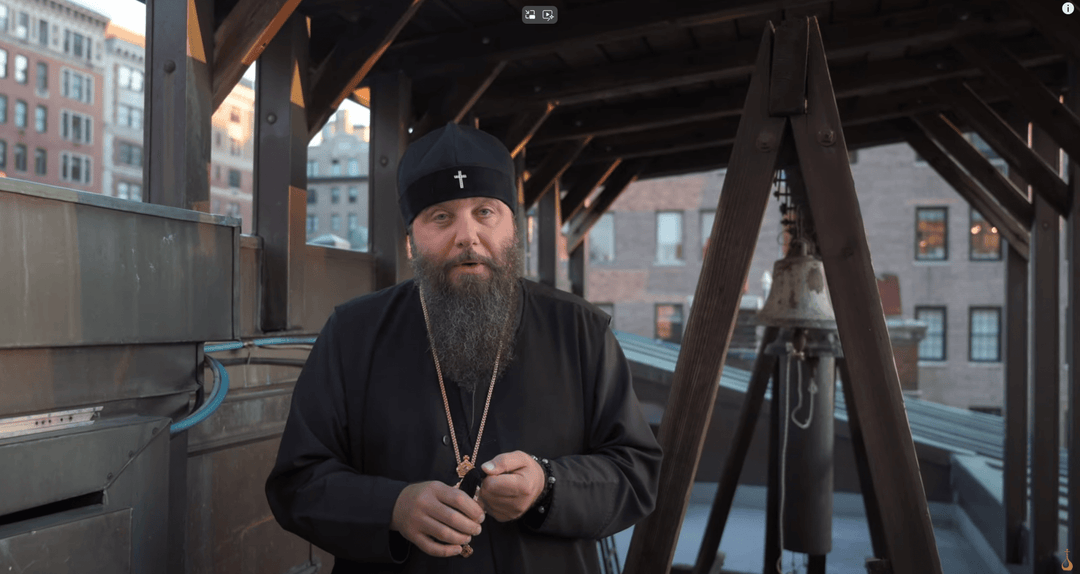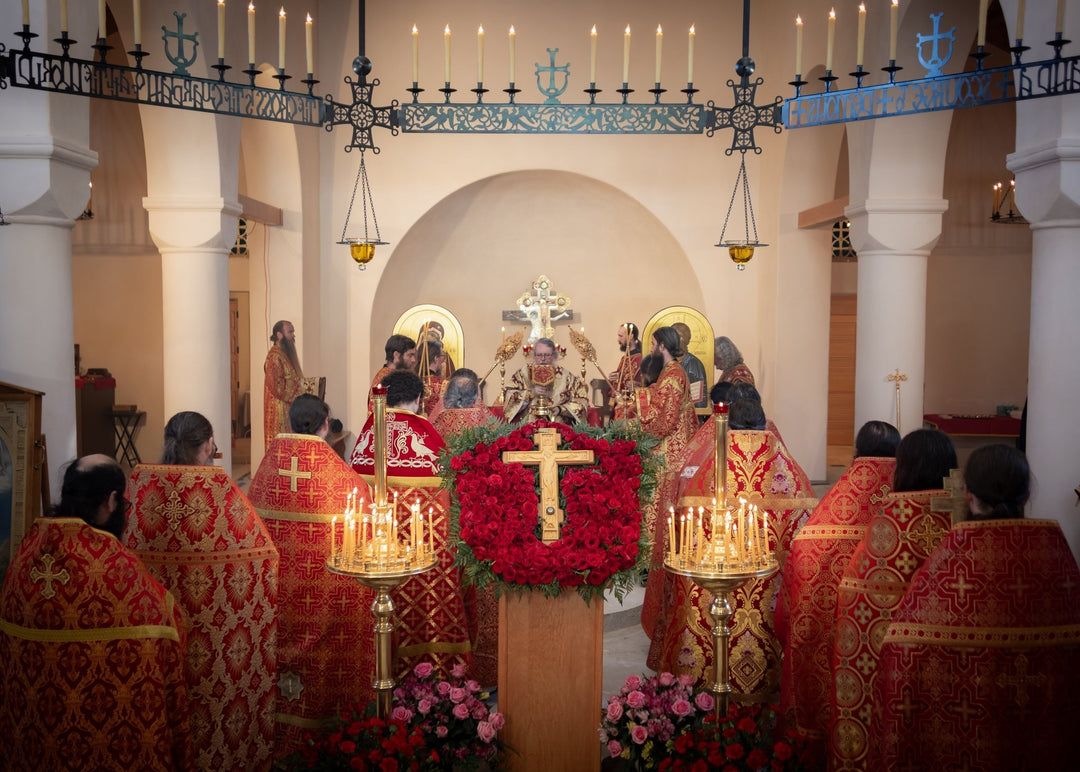Sermons & Homilies
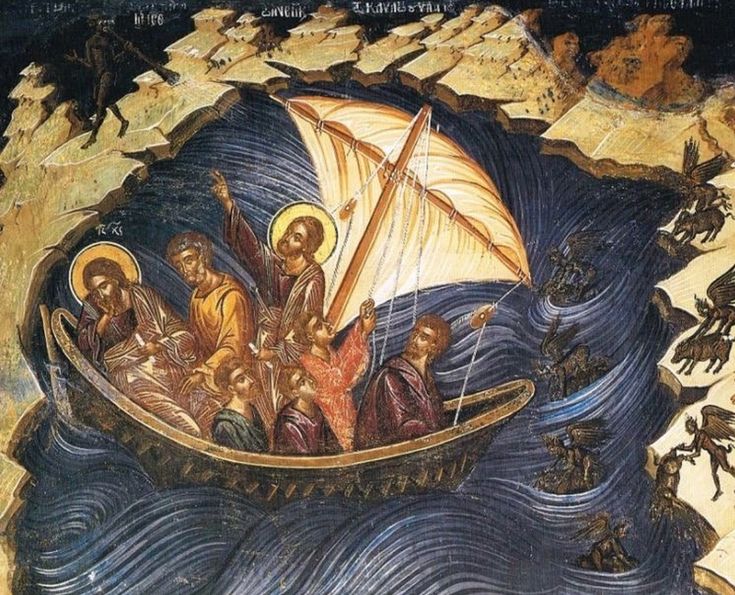
High up from his hilltop, Jesus saw and knew all. Before he had even sent the disciples away, he knew what he would do. He bided his time until the moment was right. Late at night, about the fourth watch, just before dawn, Jesus came down from the mountain, and calmly walked into the storm. The waves fell at his feet like sheep, meek as a lamb. All things are his servants—the waters made him a path. Water like solid earth held up him who fixed the earth upon the waters. The Voice of the Lord is upon the waters, the God of glory hath thundered; the Voice of the Lord with power, the Voice of the Lord with majesty. His way is in the sea, and his paths in many waters; and his footsteps shall not be known.
Continue reading
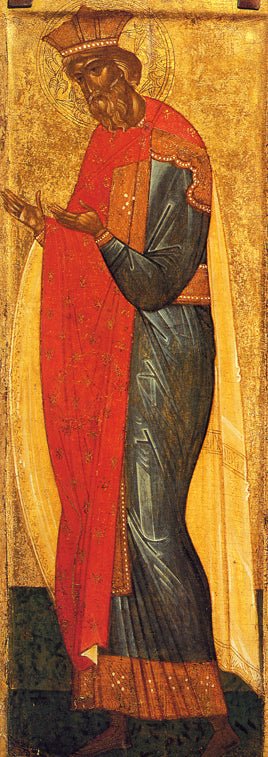
Today we celebrate the memory of just such a saint — the holy Equal to the Apostles and Enlightener of All Russia, Saint Vladimir the Grand Prince of Kiev. And although, as we have just heard, many among the saints once lived very sinful lives, I might dare to say that few ever lived such lives of exceeding filth and depravity as did St. Vladimir before his conversion to Christianity.
Continue reading
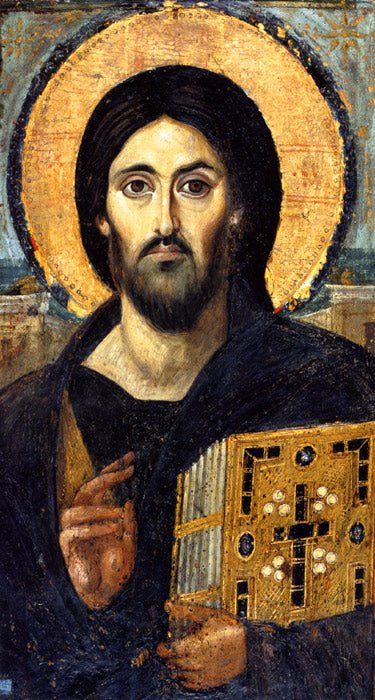
In today’s epistle, we hear the Apostle Paul establishing the basis of a Christian’s salvation: “That if thou shalt confess with thy mouth the Lord Jesus, and shalt believe in thine heart that God hath raised him from the dead, thou shalt be saved” (Rom. 10.9). The opposite is that if you do not confess the Lord Jesus, or if you do not believe in your heart, you are not a Christian, you will not be saved. However, is salvation so simple, effortless, and undemanding as this would sound? Does the Apostle mean to imply that there is no gradation of belief or allowance for doubt or periods of disbelief or struggle so that one can say with the father of the demon-possessed son, “Lord I believe, help my unbelief.” (Mark 9:24)? Is the Apostle Paul implying that confessing and believing are all that is needed to be a Christian? Or is he directing his statement that “let him who thinks he stands take heed lest he fall” (1 Cor. 10.12) to those who believe Christianity to be so simplistic?
Continue reading
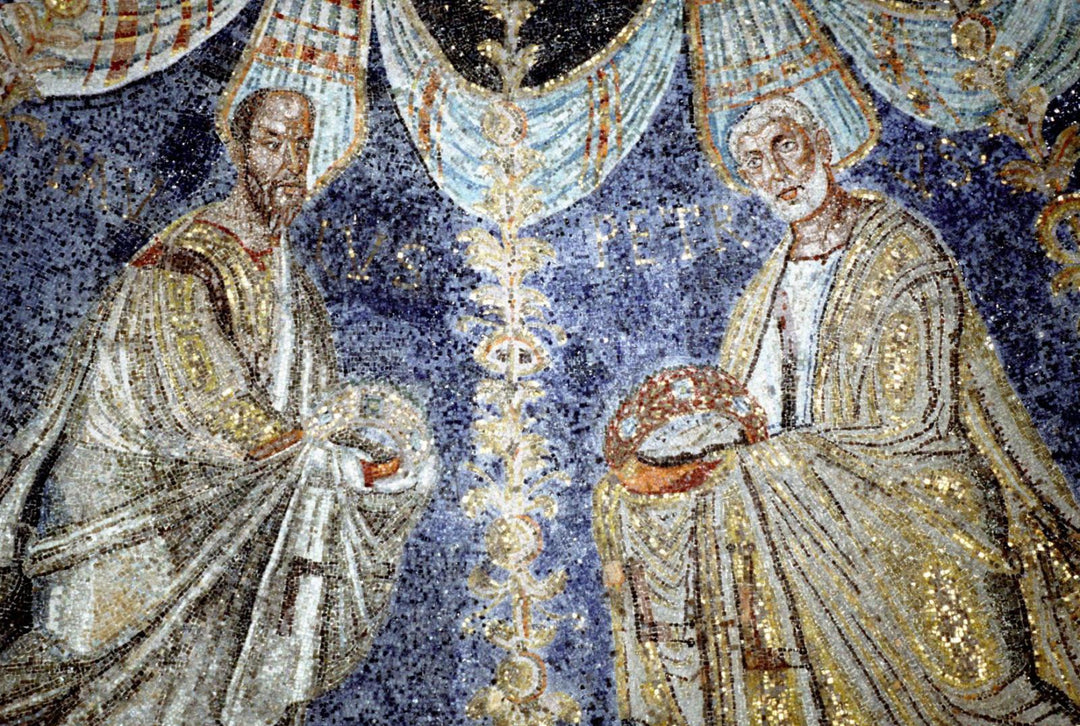
Our hearts are filled today with godly joy and pious glorying. What Christian soul can fail to be so moved at the commemoration of the two spiritual giants set before us? —the princes of the Church, the pillars of the Faith, the preachers of the truth, the crowns of the Hebrew race, the beloved friends and apostles of our Lord Jesus Christ. Peter and Paul stand conspicuously at the head of the assembly of Apostles, amidst the Church triumphant, in ceaseless worship of the crucified Lord to whom they devoted their whole lives, sealing this gift with their own blood; and we on earth join in the heavenly chorus today, exulting in our God who is so wondrous in his saints. Since we already know of their glorious end, we ought to consider as well their inglorious beginnings, and how they attained such unspeakable glory.
Continue reading
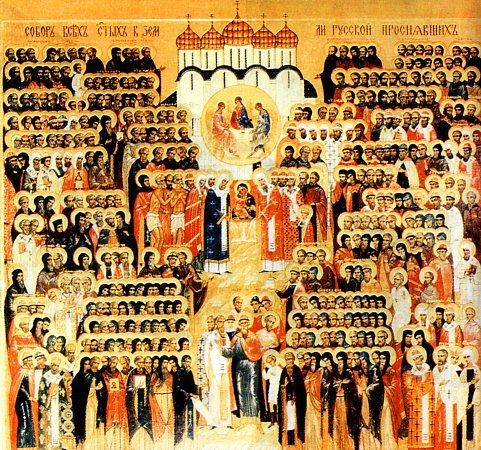
Our gathering today is a peculiar one. In the backwoods of West Virginia, a group of men and women from all over America are assembled here to celebrate the great multitude of saints who have shone forth in the land of Russia. Most of us are adult converts to Orthodoxy who speak scarcely a word of Russian. As such, we might understandably ask ourselves—what significance does this feast hold for us, who do not share the ties of blood, language or kinship with the saints set before us?
Continue reading





